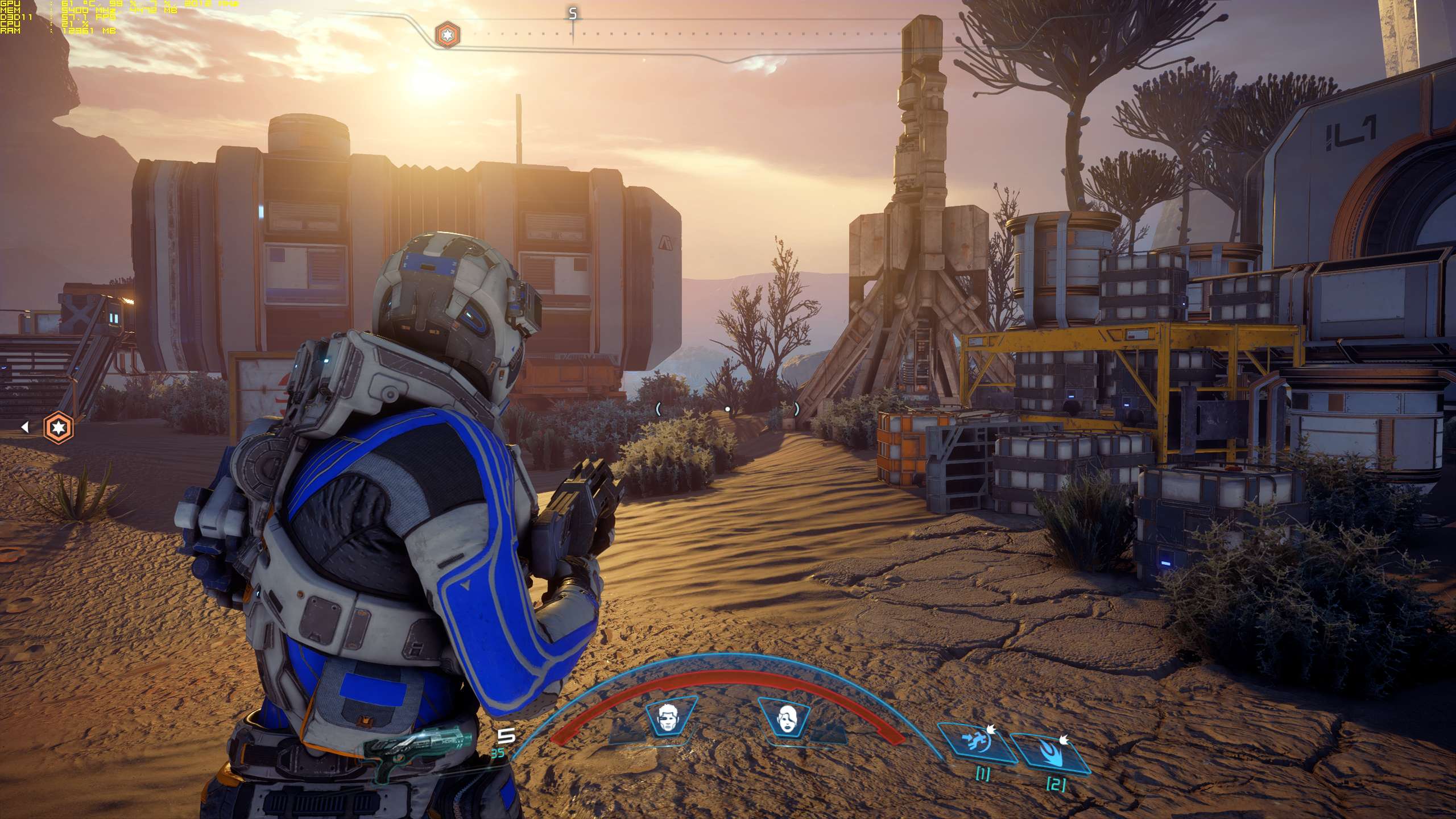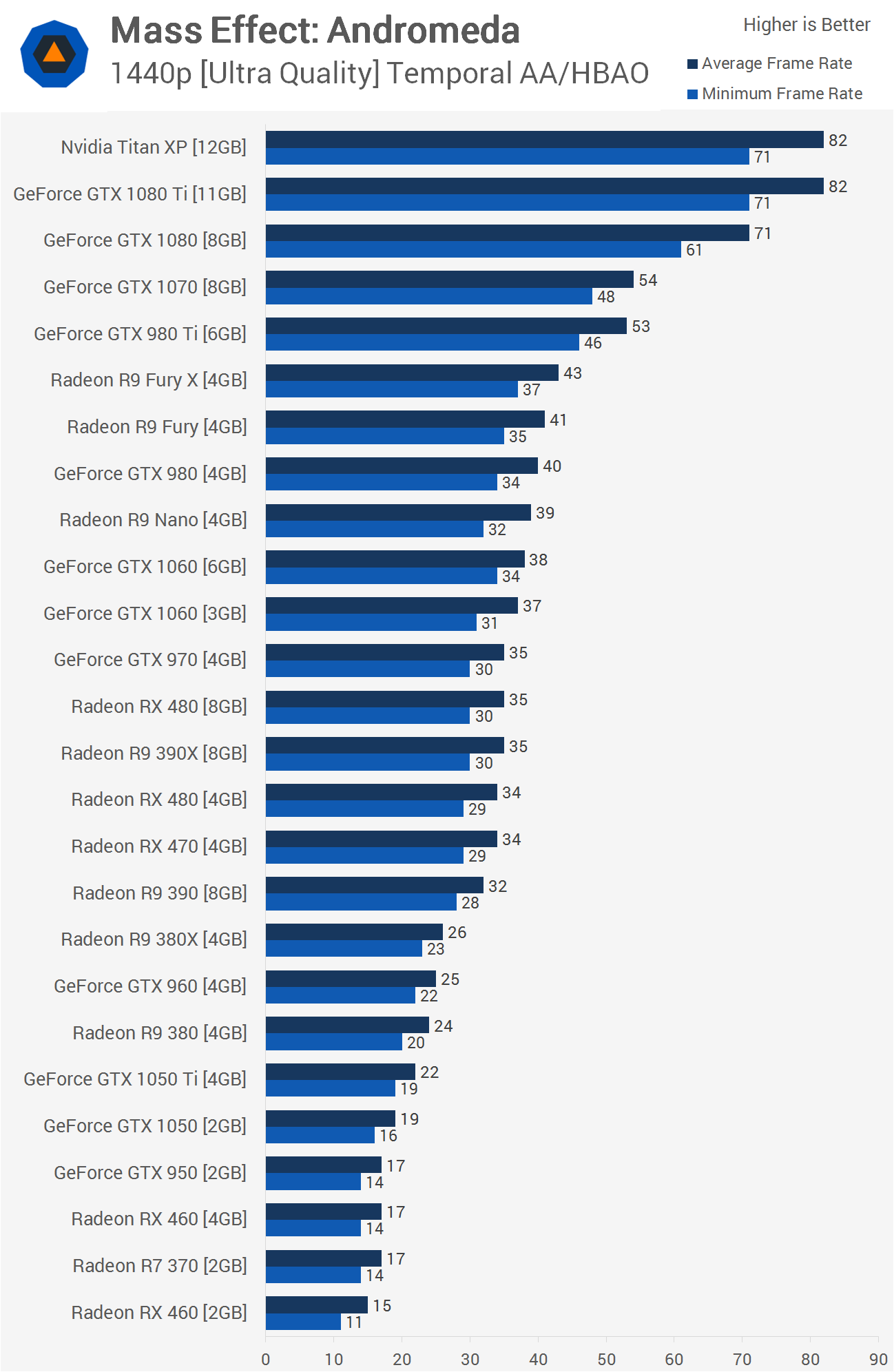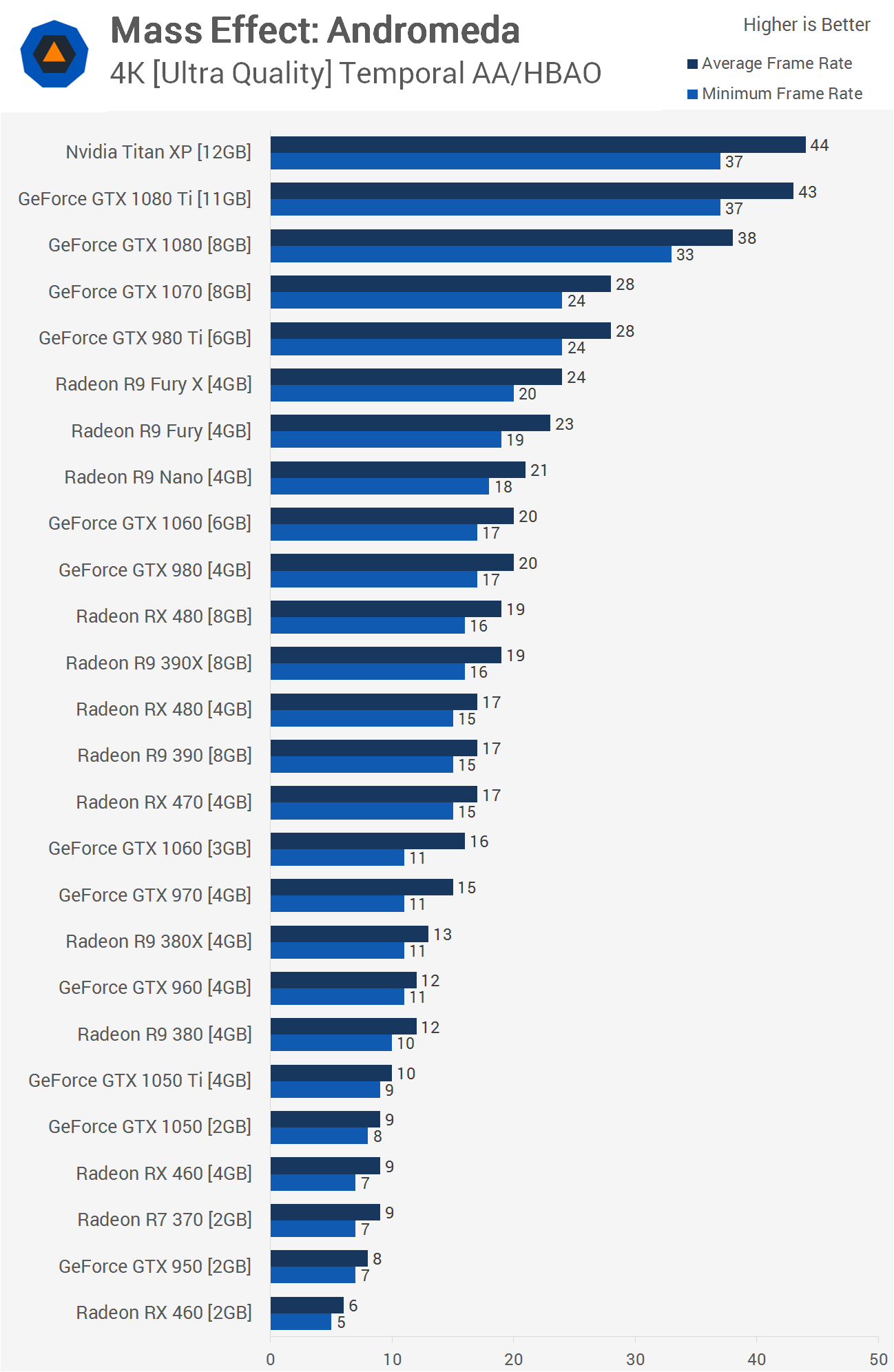In my opinion AMDs first responsibility is to show the game in the way the developer wants it, even if it's practically not visible.
Why in the world would AMD have a greater responsibility towards the developers than their costumers? Unless the developers are paying AMD money like AMD's costumers are, I really don't see how this makes any sense.
Obviously AMD would want to stay on friendly terms with developers, but I very much doubt anyone at Bioware is even remotely bothered by this.
Maybe in some special cases in the game you can see it. After that they can give people the option to reduce stuff and enhance performance. With your argumentation it would also be ok to leave other details out, because they're getting "the best" experience. Hey, why doesn't nvidia just instead of living with their badly async just skip these effects and enhance the experience? Antialiasing, come on, if the game wants 8xaa we give it 4xaa because no one sees it. In the end we live in a downward spiral where Nvidia and AMD provide you with what they think is the best experience by reducing details. We had this already during Dx8/DX9 time and it wasn't nice.
The "best" experience is obviously a mix of performance and image quality, and not just purely performance, and exactly what kind of mix of the two a given individual prioritizes is highly subjective. As such if the majority of Nvidia's costumers prefer the async effects to be skipped or the AA lowered in the name of performance, then I don't see the problem with Nvidia doing so (again this obviously assumes that Nvidia makes it clear that they are doing so and provides an on/off option, similar to what AMD is doing here).
In this particular case I think it's safe to say that the visual impact is minimal, whereas the performance impact is quite significant, as such I would be surprised if the majority of AMD's costumers didn't prefer running the game with the tweak turned on.
I really don't see any issue with Nvidia and AMD providing us with what they think is the best mix of image quality and performance for a given piece of hardware, as long as they are open about it and don't take away control. In fact this is arguably exactly what Nvidia's Geforce Experience optimization does. The difference between this and the DX8/DX9 days, is that Nvidia and AMD wasn't always open about their tweaks back then and you couldn't necessarily turn them on and off.











